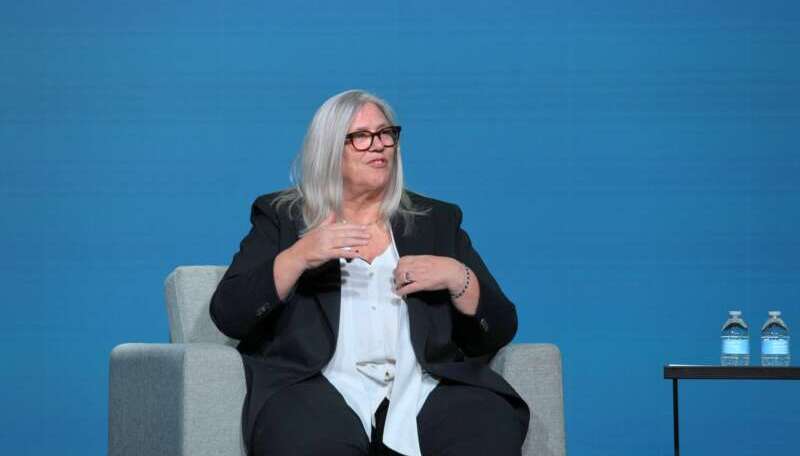
The Federal government and private sector are not going to achieve their missions alone and both sides need to lean into public-private partnerships in order to “bounce higher,” according to a 30-year national security and intelligence agency veteran.
At today’s ServiceNow Federal Forum in Washington, D.C., Sue Gordon, the former principal deputy director of national intelligence, explained how public-private partnership is all about achieving something bigger than yourself – something that you could not achieve on your own.
“The way you establish the public-private partnership is the recognition that you both needed to do something higher than what you reach,” Gordon said. “So, the most fundamental element is ‘let’s bounce higher.’”
“Public-private partnership is necessary when any one organization can’t achieve the ‘bounce up higher’ outcome that they need,” she added. “The second thing is, you can’t ask the other side to do what they cannot do.”
Gordon said that NASA’s recent work serves as a great example of this kind of partnership. She explained that the agency is revolutionizing its access to space by turning to commercial services, and not just “buying off the shelf.”
“This notion of pulling commercial through the government, not just saying, ‘well, that product isn’t what I need,’ but rather saying, ‘here’s what I need, can that service be delivered in a way that allows my needs to be met?’ So, I think this is a really interesting time,” she said.
Additionally, Gordon pointed to the CIA as another example of a public-private partnership that benefitted both parties.
“The CIA’s decision to go with Amazon for a cloud, well before anyone else was thinking about it, is one of the best examples of mutual benefit I’ve ever seen,” she said.
“The CIA had gotten way ahead of everyone else in terms of digital infrastructure. It took a while for them to figure out how to use it, but certainly, it was way ahead in that foundation,” Gordon continued. “But, here’s the coolest thing: what Amazon learned was that their solution wasn’t nearly secure enough. They learned from that partnership.”
Kevin Haverty, the session moderator and the vice chairman of the global public sector at ServiceNow, agreed with Gordon and noted that he can relate to that kind of mutual benefit.
“As we’ve gone through our paces to get certifications to service the U.S. Federal government, it’s benefited our product and our platform, entirely across all markets,” Haverty said. “You raise the bar, we jump over it. And now, we have a more robust platform that applies to other regulated industries.”
He also took the time to point to the fact that ServiceNow’s National Security Cloud (NSC) offering recently obtained a U.S. Department of Defense Impact Level 5 (IL5) Provisional Authorization.
According to Gordon, this IL5 investment by ServiceNow makes it much easier for the Federal government to achieve its mission.
“It means that I can do mission. It means that I can operate with the speed and efficiency that I need to. It means that my information can be where it must be in order to serve a mission at speed,” she said. “What you’ve invested in, is investing in my mission.”
